Within the past two weeks, there have been two separate incidents in which officers from the Grinnell Police Department have entered student residence halls.
On Saturday, August 28 around 12:30 a.m., Will Hurd ’11 was playing loud music in his room in Cowles Hall when a police officer appeared at his door, entered the room, and asked him to turn the music down.
The officer took down his name and gave him a warning—but not a ticket—for violating the local noise ordinance. According to Hurd, the officer waited in Norris courtyard for about half an hour to ensure the volume was not raised again.
In addition, last Saturday, police and campus security entered Main Hall to deal with a noise complaint for another loud party. The RLC on call and campus security had each already warned the partygoers that they needed to turn the music down before the police officer entered the dorm. A police officer and a campus security guard knocked on doors on Main 2nd asking people to turn the music down.
Students have expressed concern that police officers entered dorms.
“The cop was a good guy. He didn’t give me a ticket,” said Hurd of the officer he encountered in Cowles. “I don’t think he did anything super wrong but he definitely crossed a line. I’ve literally never seen a cop come into a room before.”
“Everybody was pretty upset there was a police officer in the building,” said Camila Barrios Camacho ’12, the SA on Main 2nd. “This could have been dealt with by security.”
Director of Campus Safety and Security Steven Briscoe and Police Chief Jody Matherly were both unaware of the incident in Cowles, but they did speak about the police presence on South Campus.
“Someone was blasting music over at Main Hall and it was being heard all over the city at 2:30 in the morning,” Briscoe said.
According to Briscoe, this particular disturbance was unusually hard to suppress.
“The student had been asked to turn down the music by Residential Life staff and campus security” Briscoe said. “When that failed, police said that they were still getting complaints from people over in the community about the noise and so they came over and made contact with us and warned the student to turn down the music or they would have to take action.”
However, Camacho wanted a better explanation.
“I wish there was more communication,” Camacho said. “I turned around and I saw a cop.”
In this particular case, police showed up for two related reasons. The students who caused the disturbance failed to respond to the first two warnings, and people outside of the Grinnell College community were affected by the noise.
Although a new city noise ordinance was passed in the last year, Police Chief Jody Matherly insisted that the law had nothing to do with the events of the past weekend.
“It was a loud music call and we came when the students didn’t respond to campus security,” Matherly said.
The city ordinance states that certain decibel levels are in violation of the law and therefore require a permit. Grinnell College obtained such a permit for the Maggie Speaks concert on Mac Field at the beginning of the semester. Matherly does not think the law will change protocol for complaints about noise coming from campus.
“We treat the campus like private property,” Matherly said. “It’s not like McDonalds; it’s not open to the public.”
He said that some parts of Grinnell are more open to the public than others. Members of the Grinnell community are often seen walking their dogs through campus or using the computers at the library. As a result, police will occasionally make the rounds through these areas on campus.
“We recently had reports of stolen bicycles on campus, so we’ve beefed up patrol,” he said. Once on patrol, regardless of whether they are on campus or off campus, the police can be expected to perform their jobs.
“If we’re patrolling and we see something illegal, we’re going to take action,” said Matherly. For instance, a few students were cited on campus for smoking violations last week.
But this type of patrol does not extend to the residence halls. “We don’t just arbitrarily patrol the dormitories,” he said. The Grinnell Police regard dorms in the same way they do private residencies, according to Matherly— they will not enter without a cause.
Many students new to Grinnell are not accustomed to the relationship between campus security, the Grinnell Police and students. Matherly had a few words of advice for the first years.
“Cooperation is really key,” he said. “After the fact, if they think it didn’t seem right or fair, there is always recourse. But in the moment, cooperation is key.”
Overall, Matherly feels positively about the relationship between students and the Grinnell police.
“The upperclassmen have been really good to us and we’ve been fair to them and we want to make sure that relationship continues,” Matherly said.

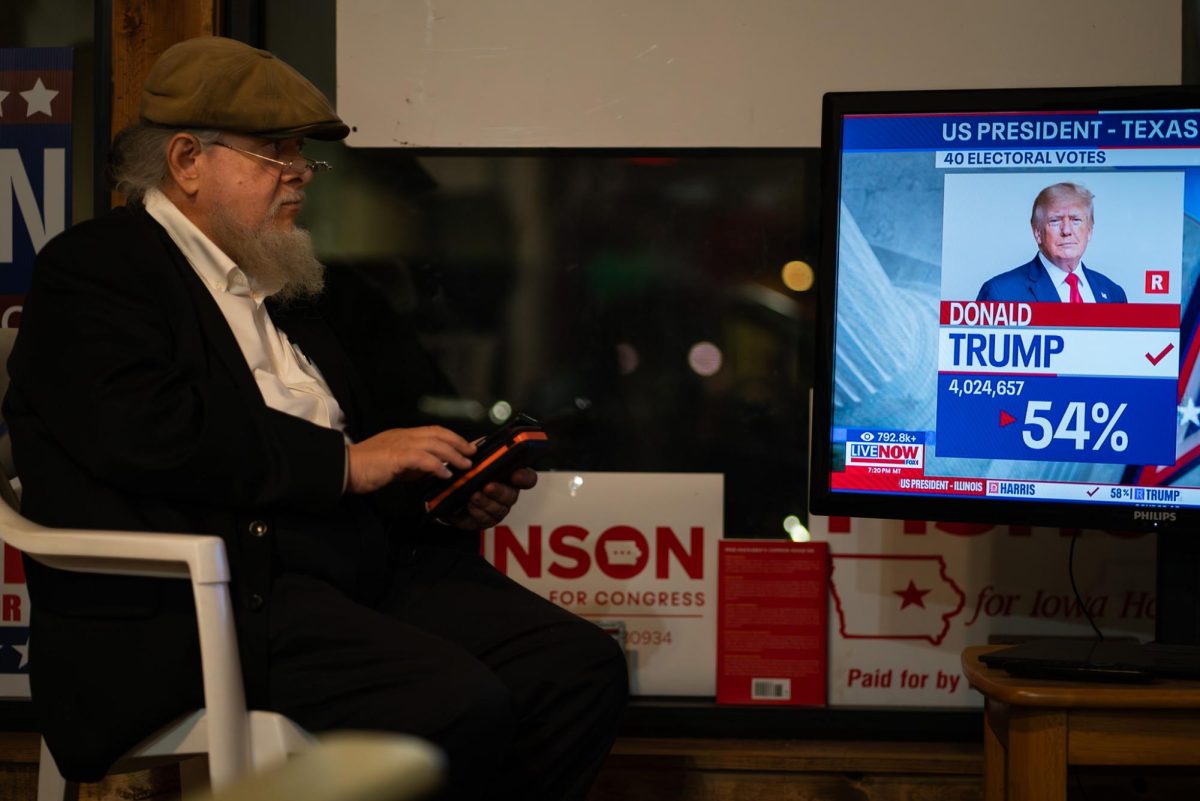
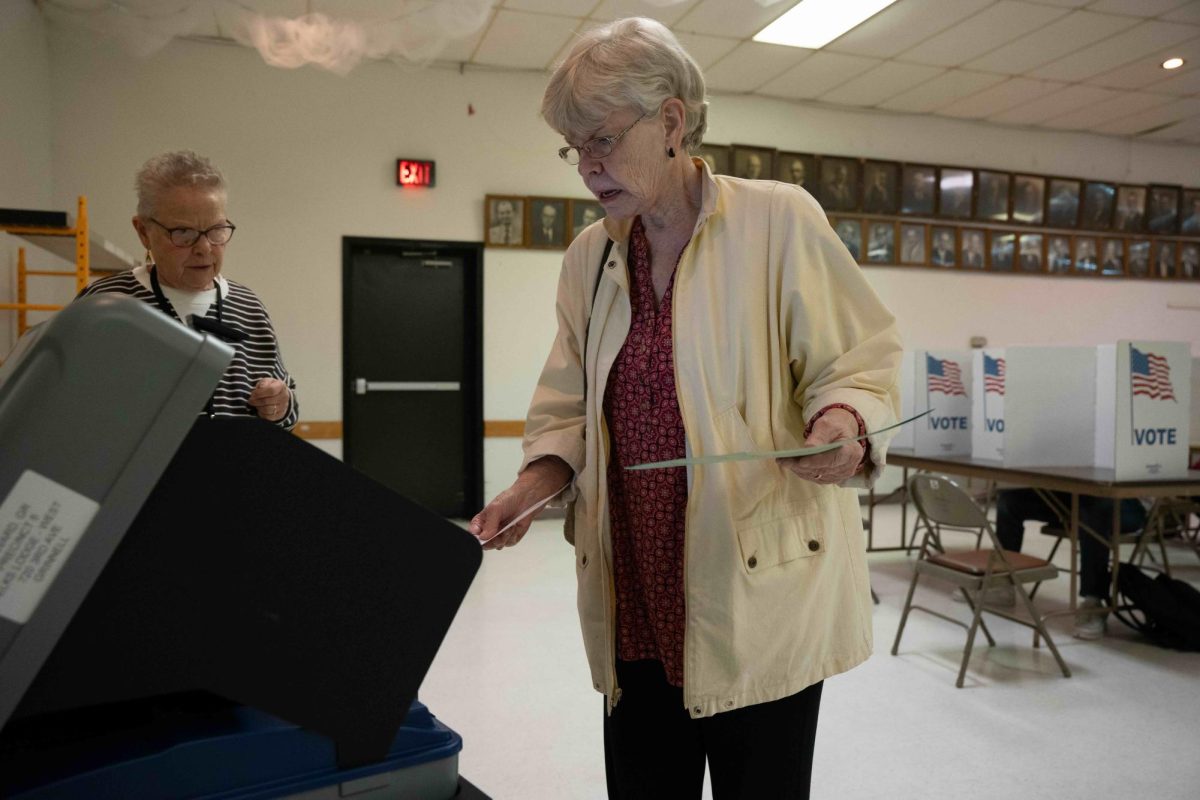
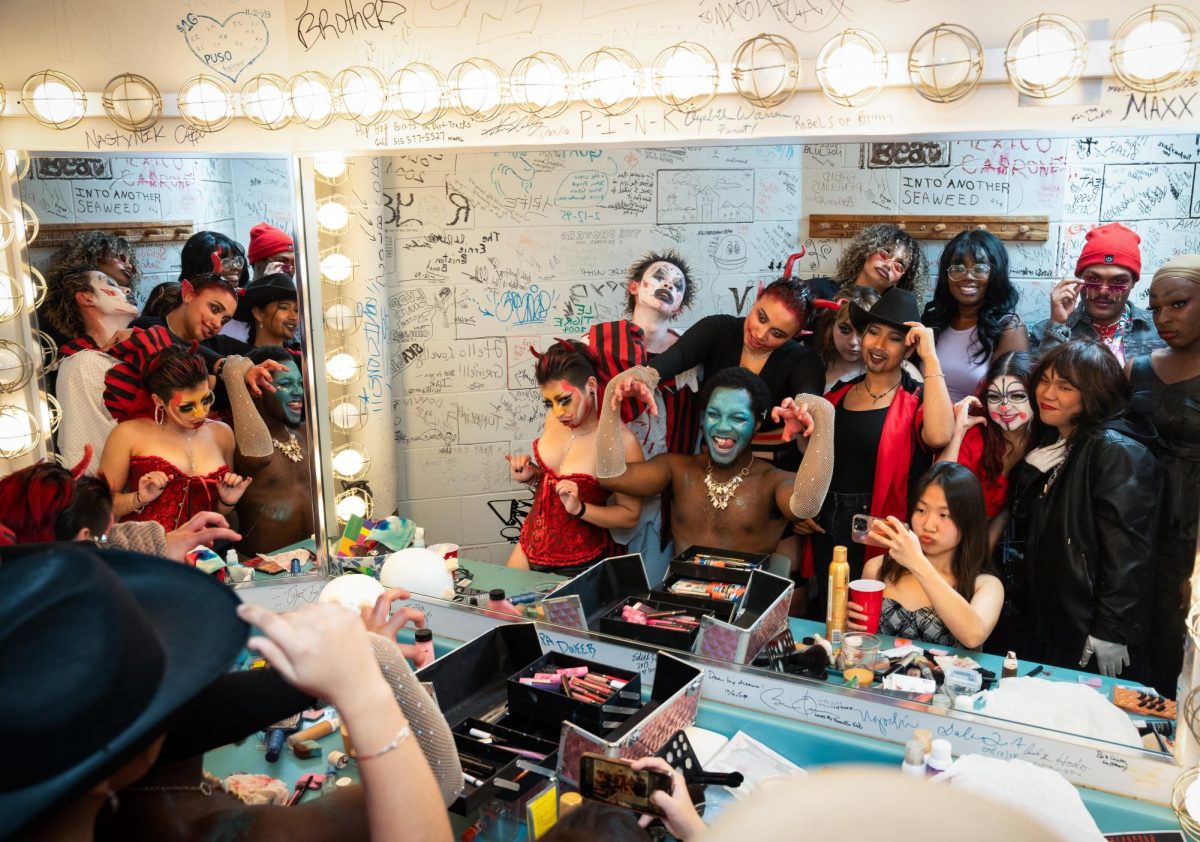

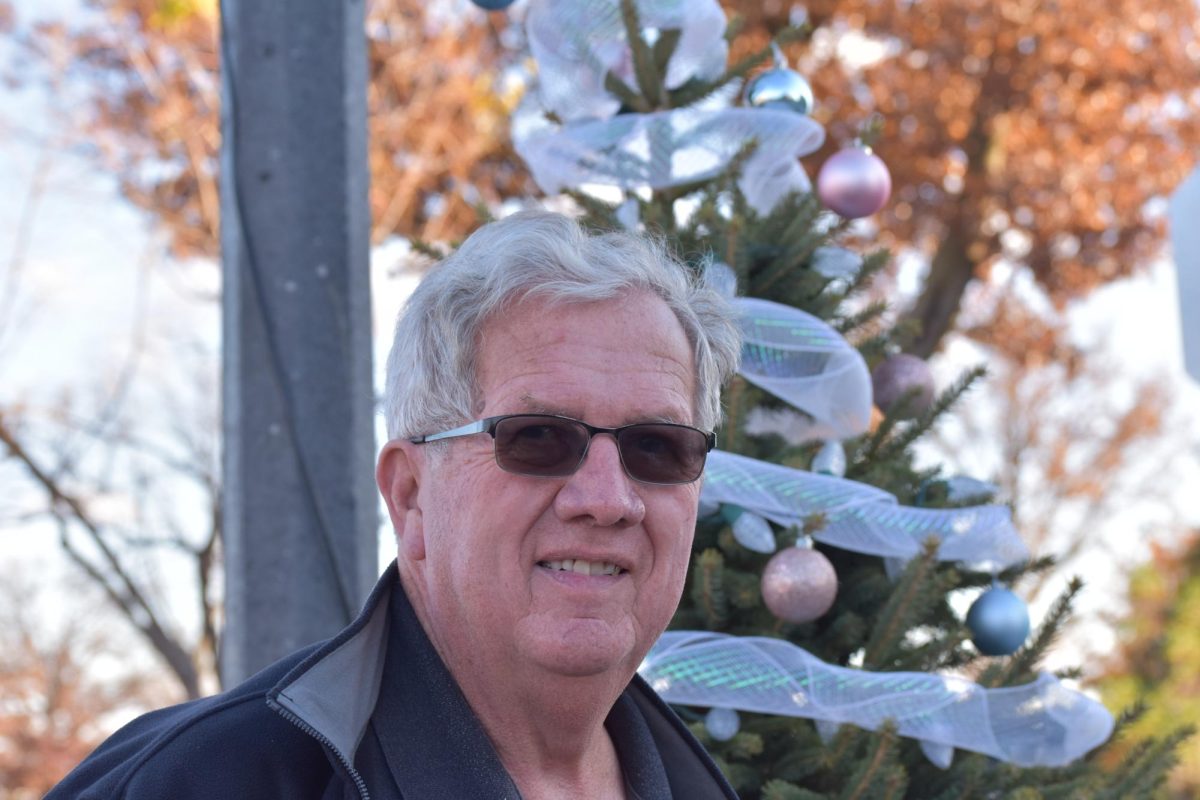
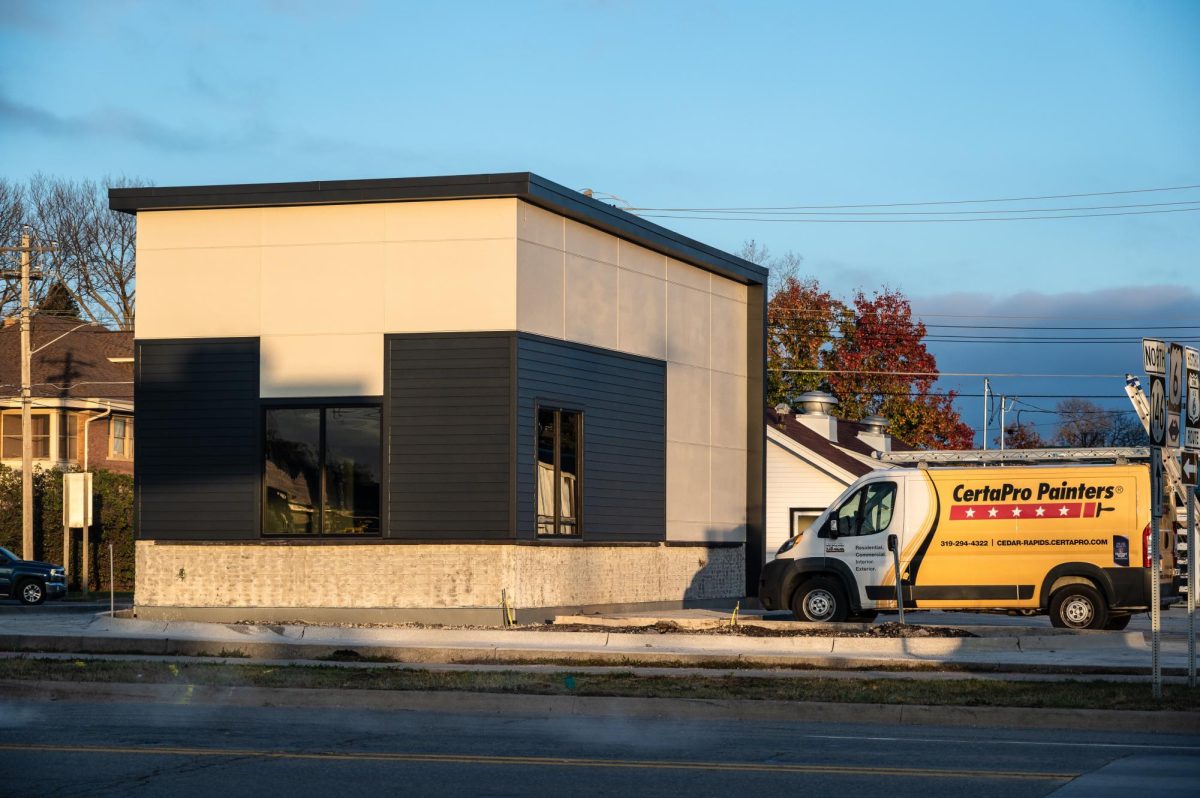
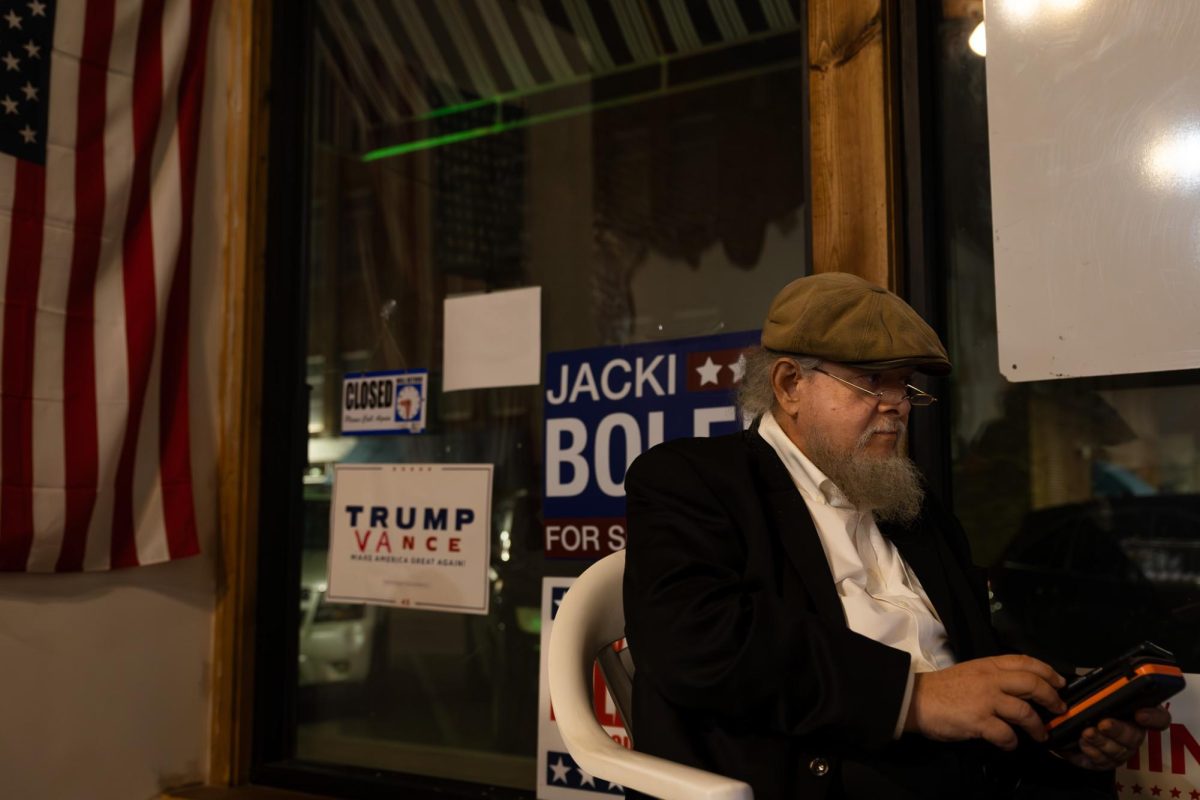

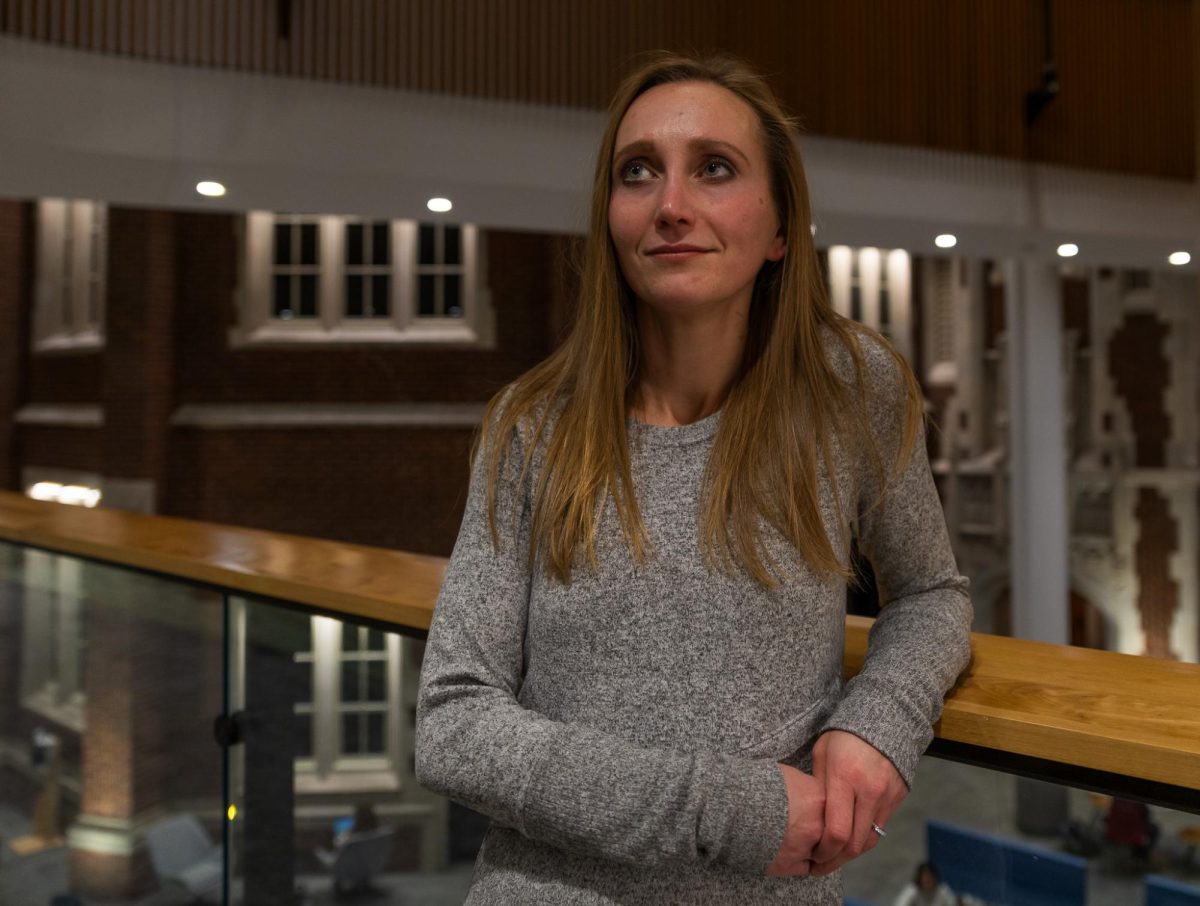
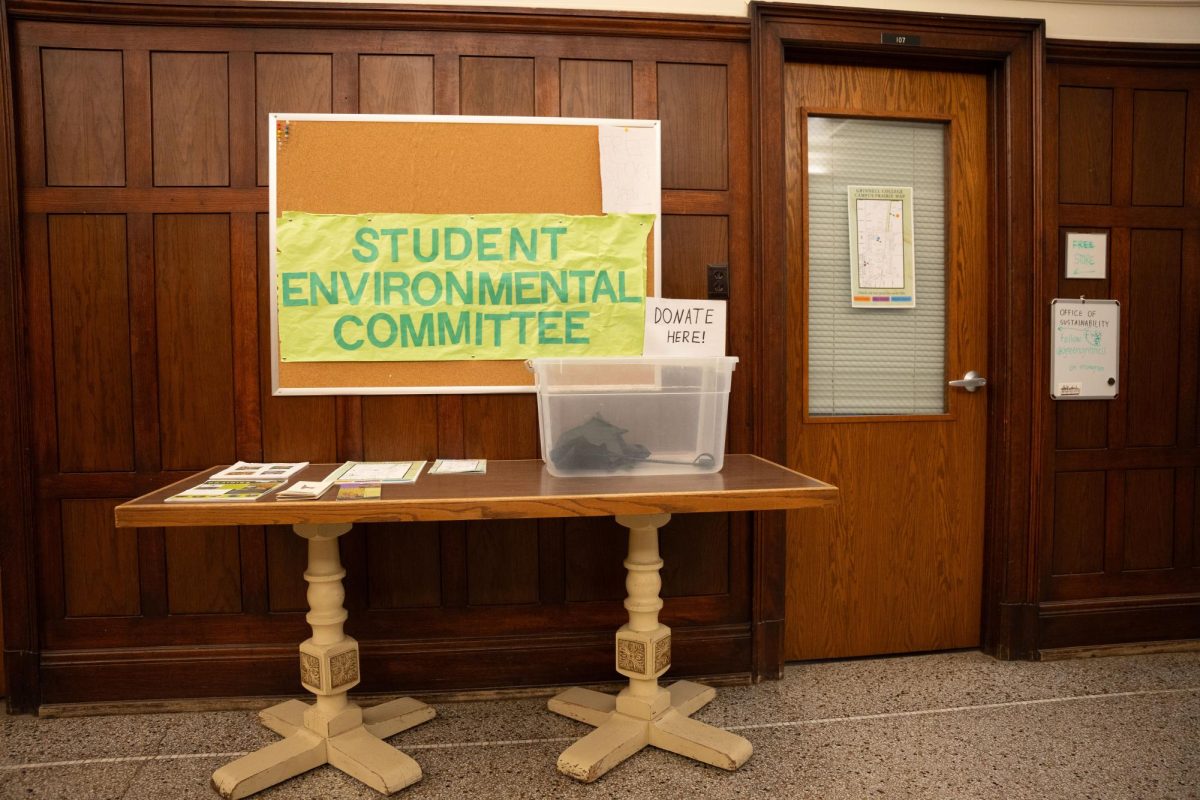
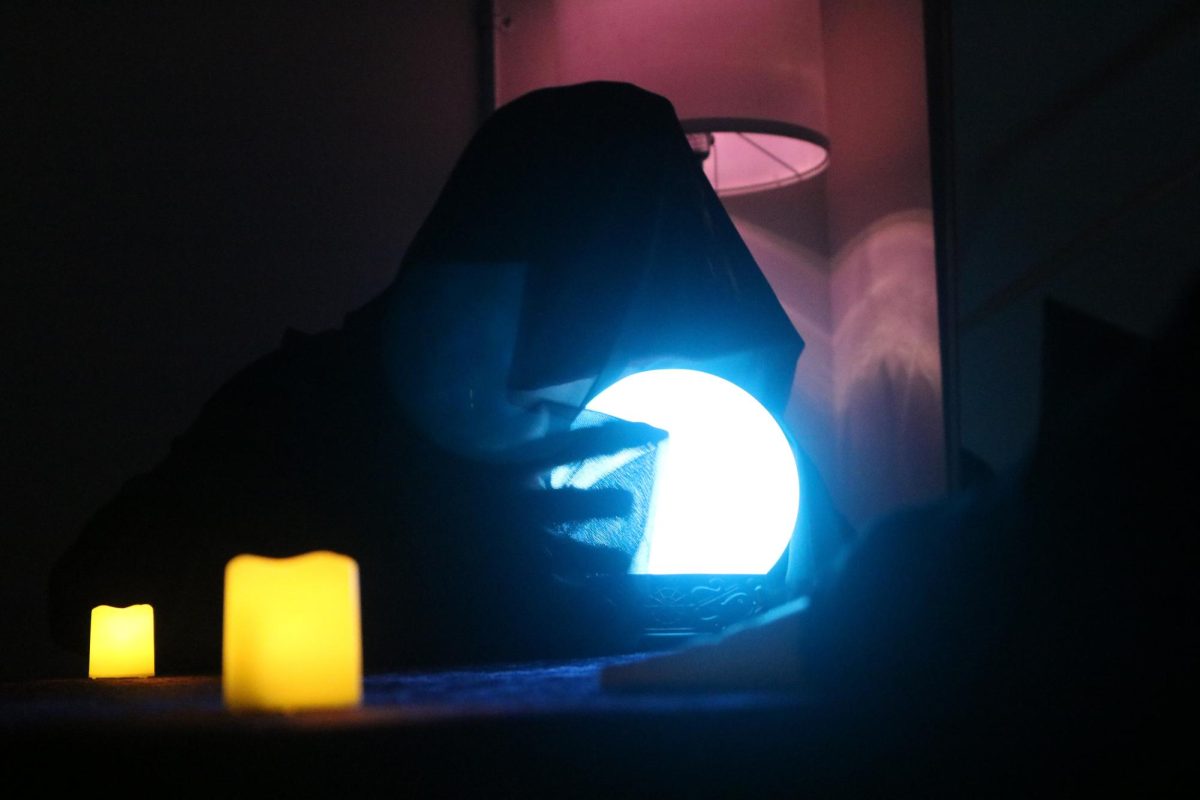
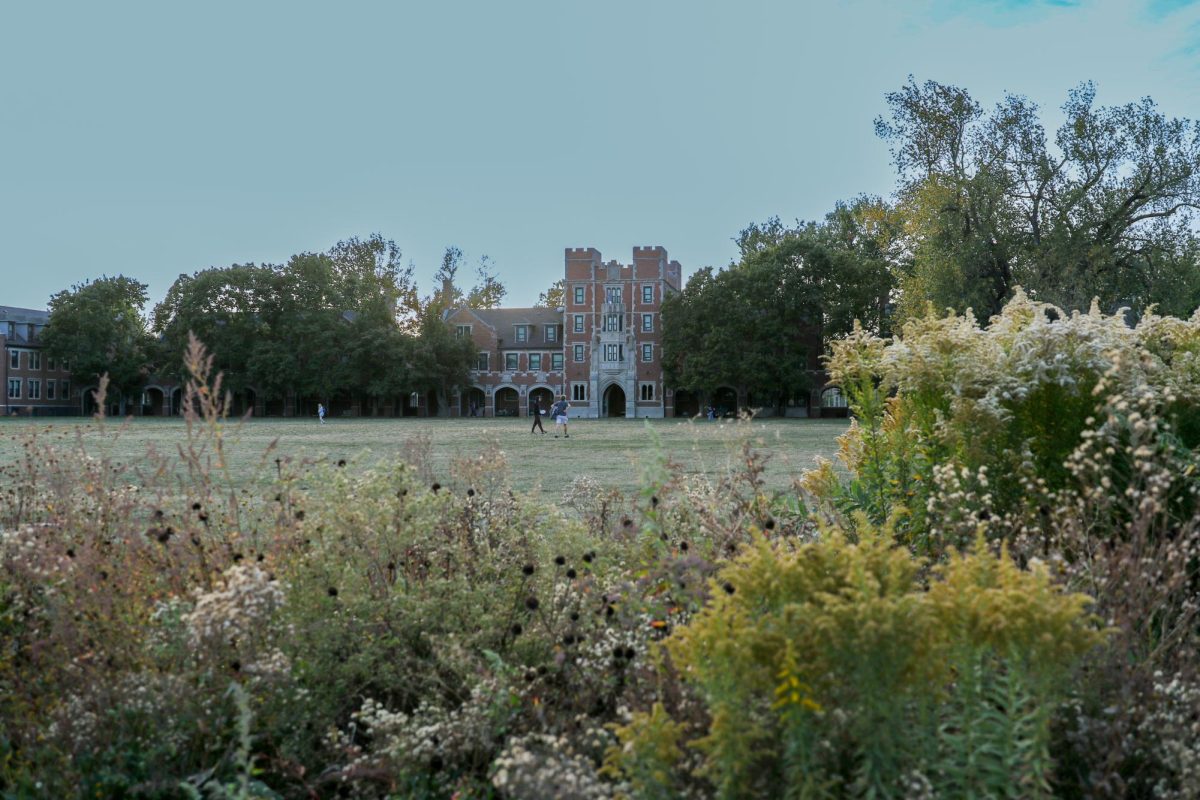

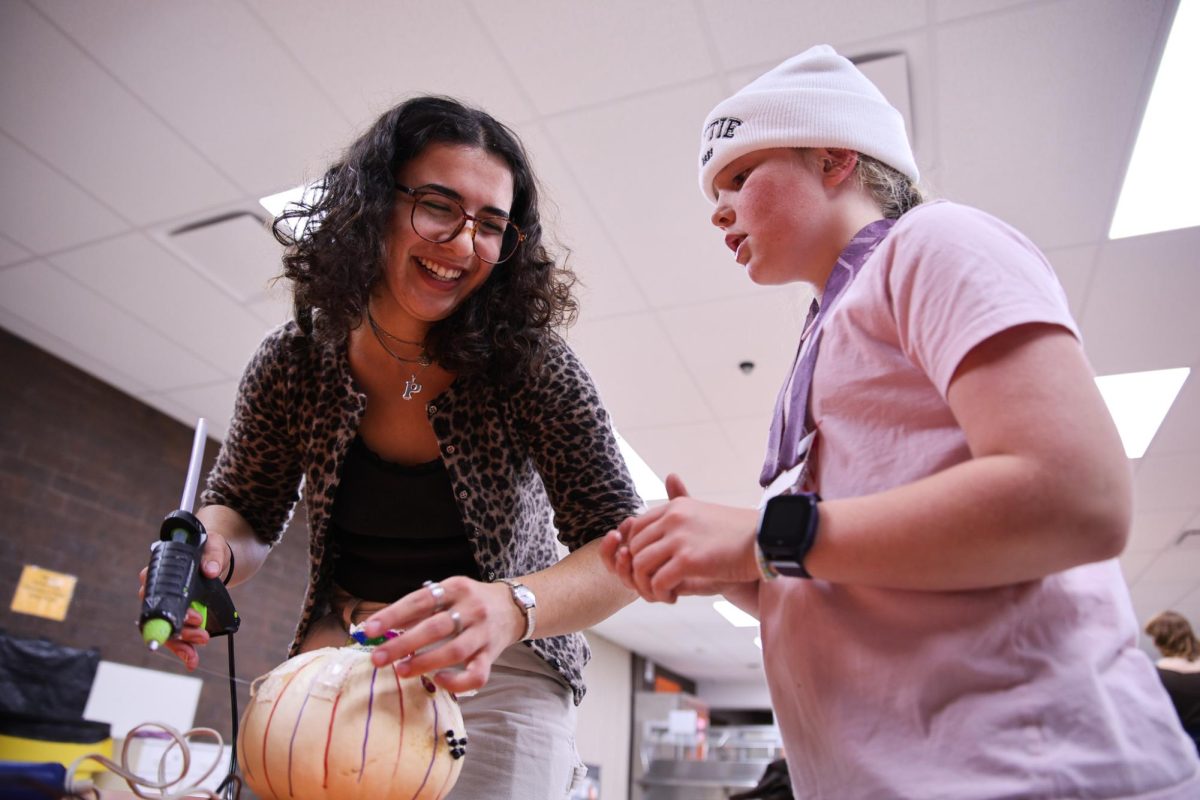

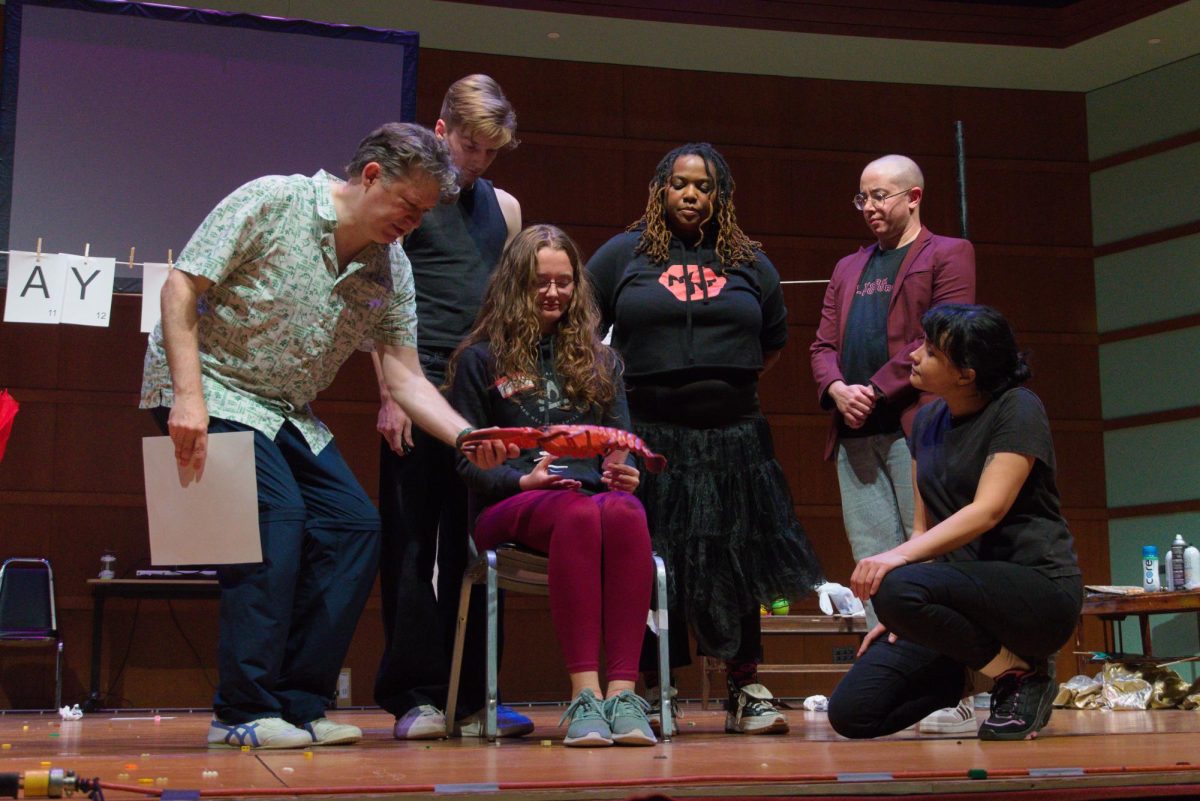
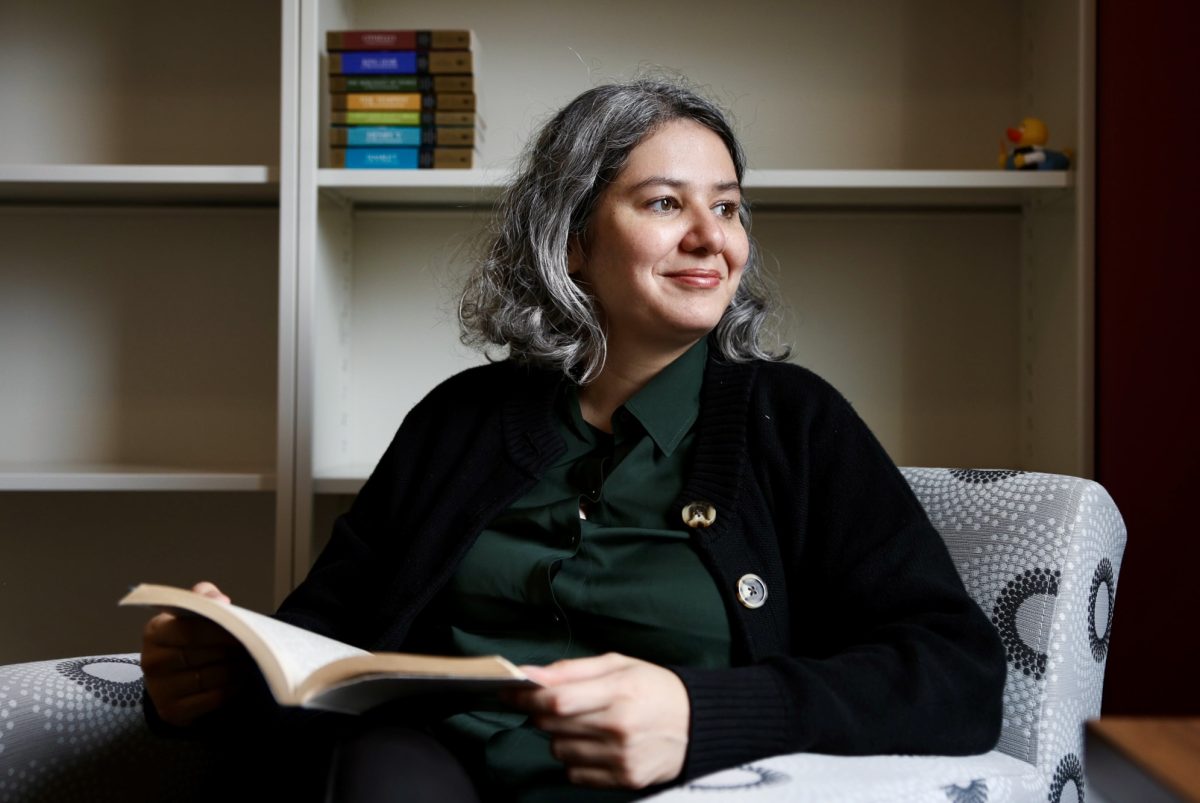
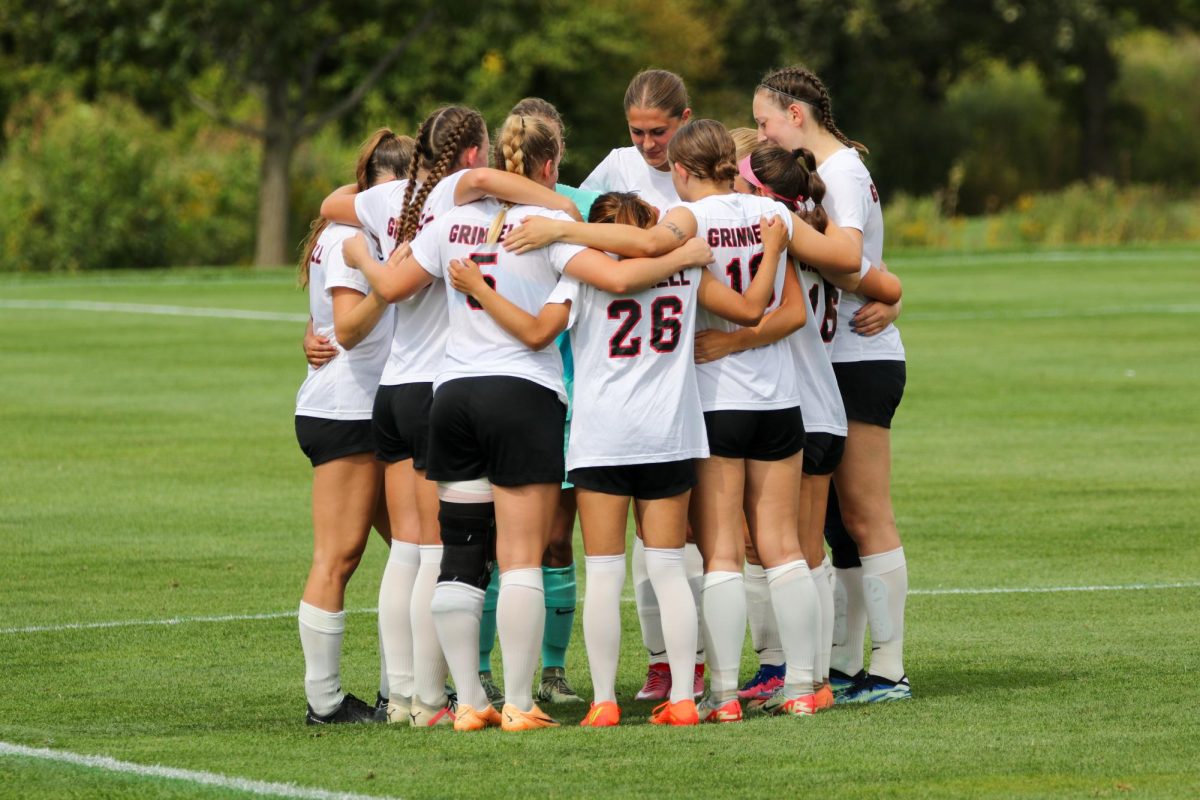
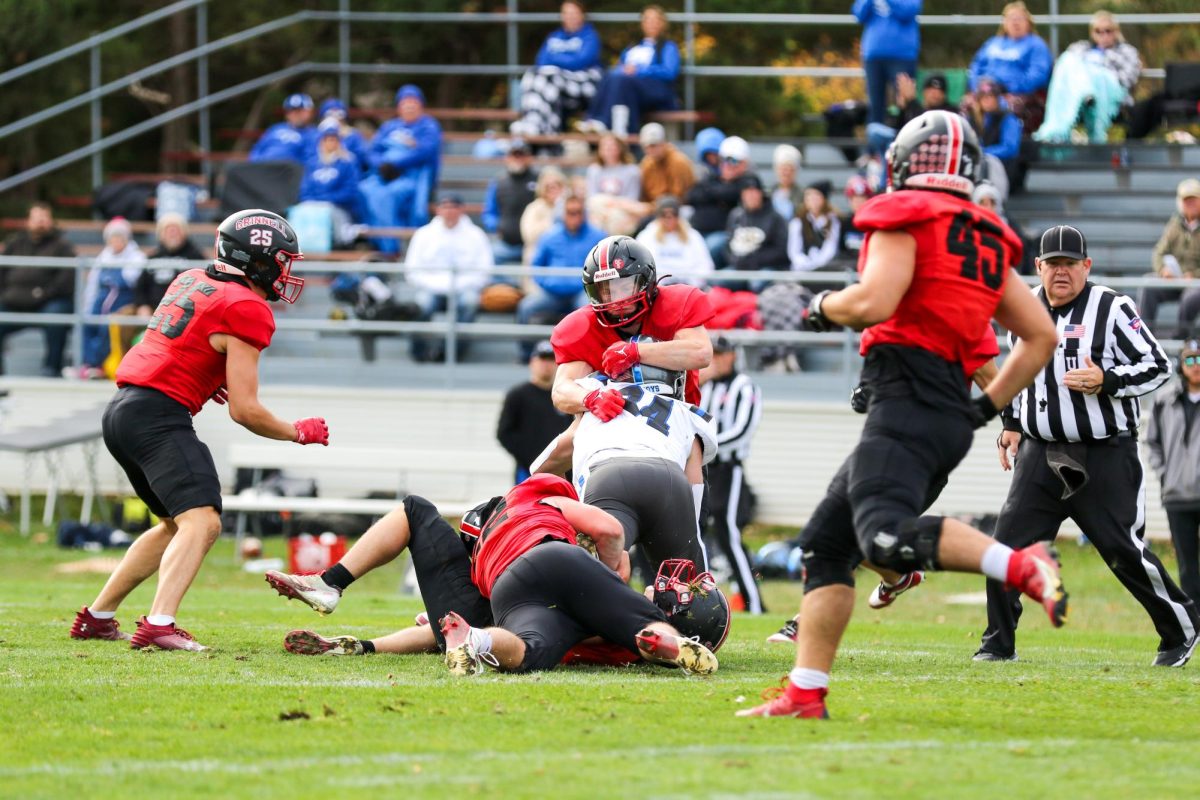
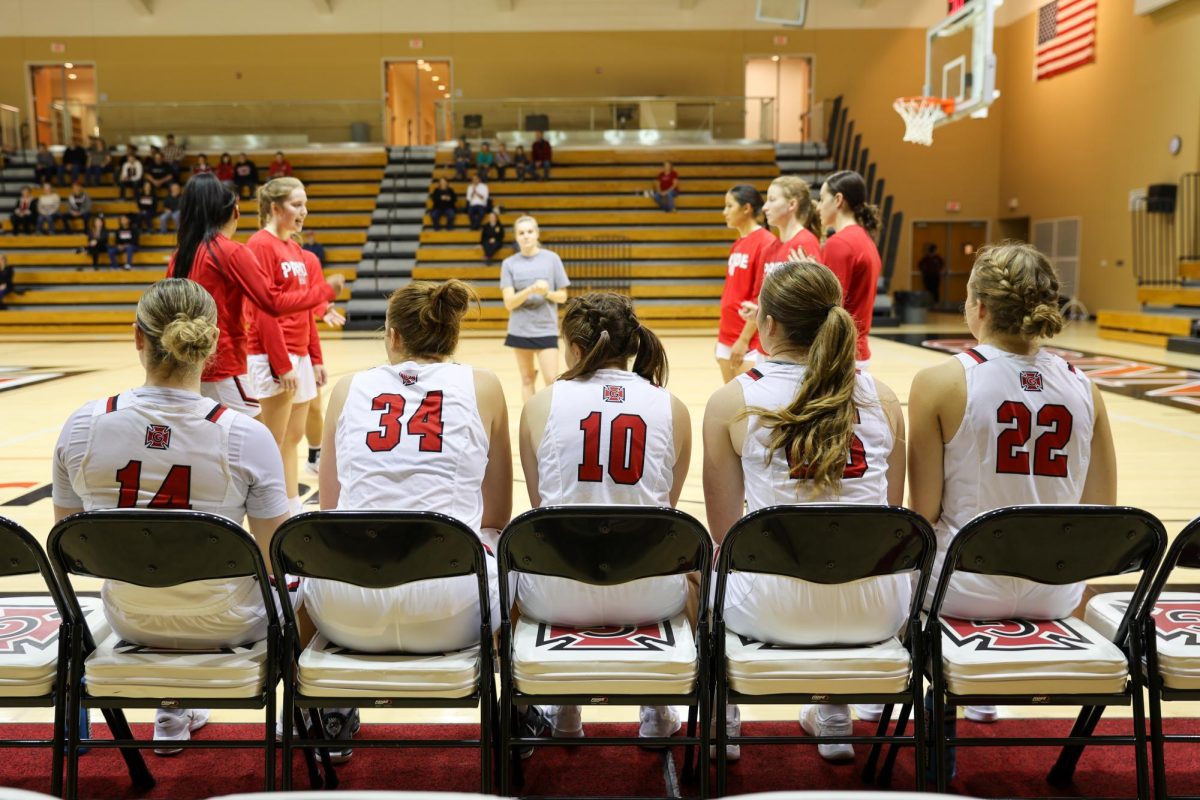
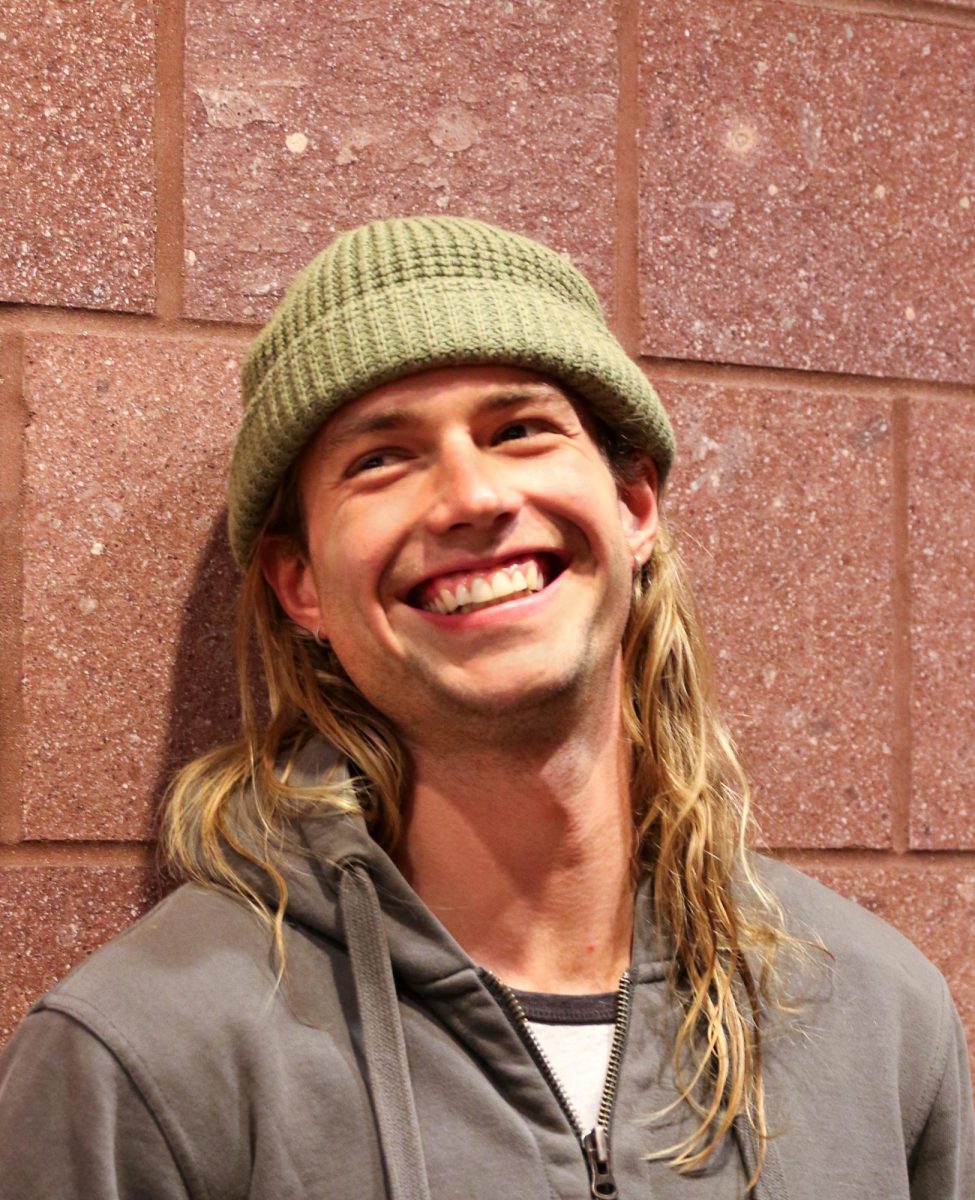




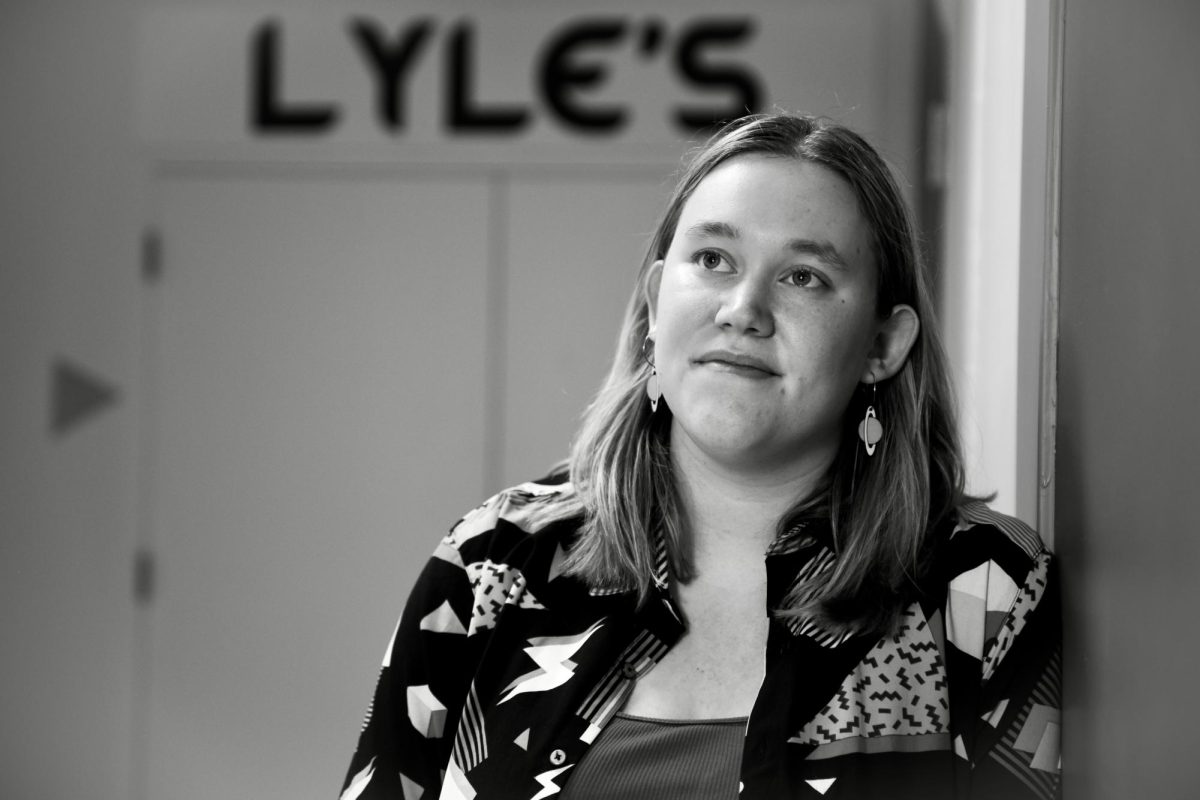



















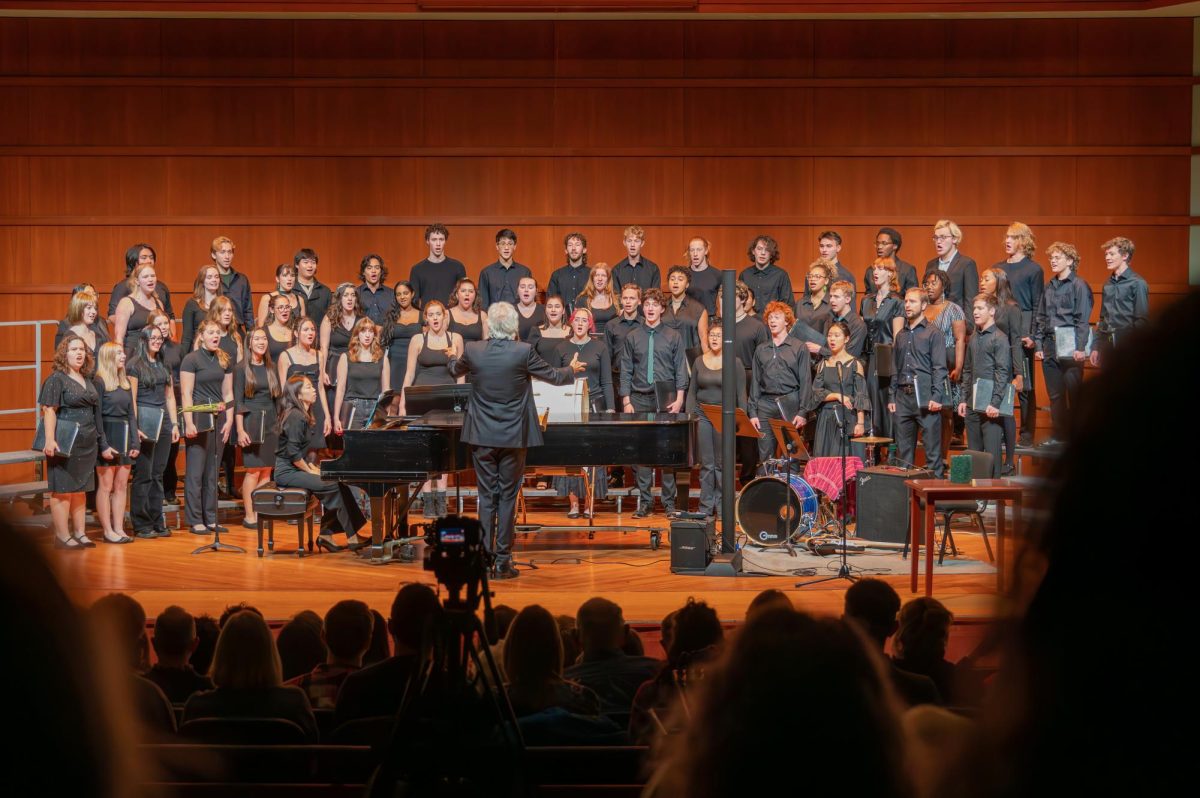
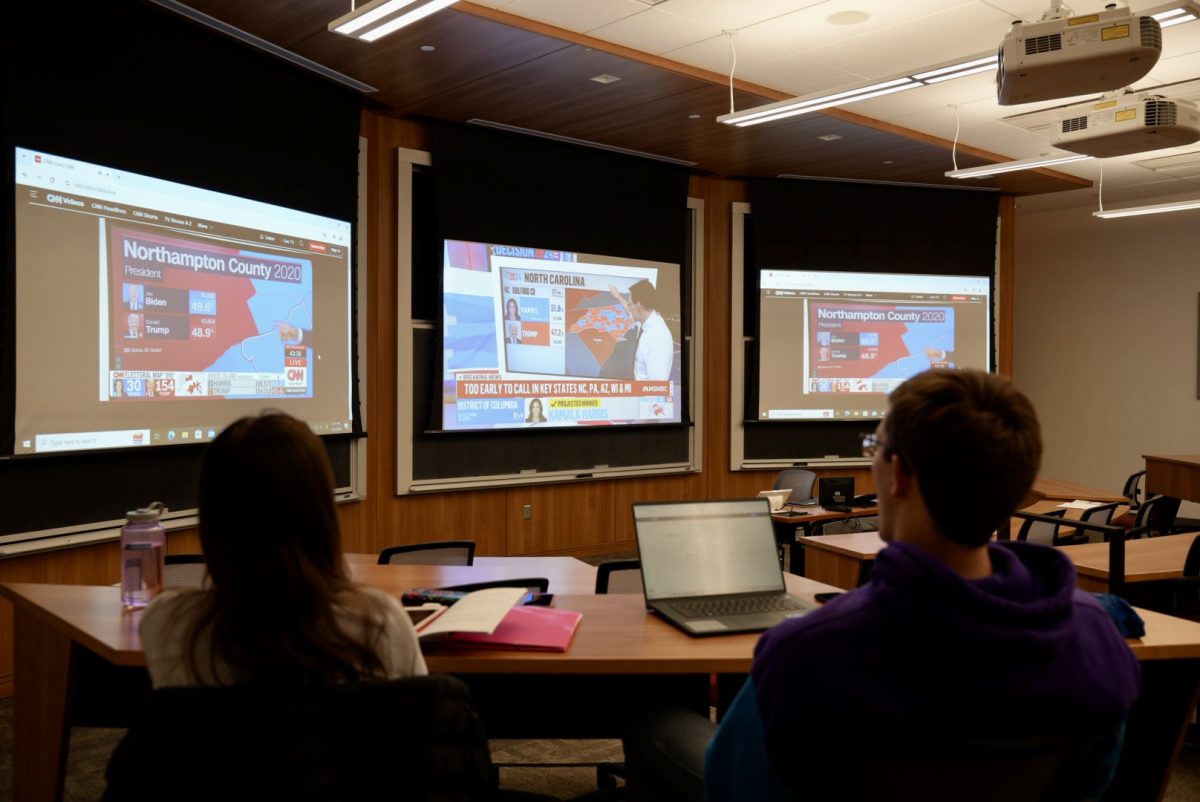

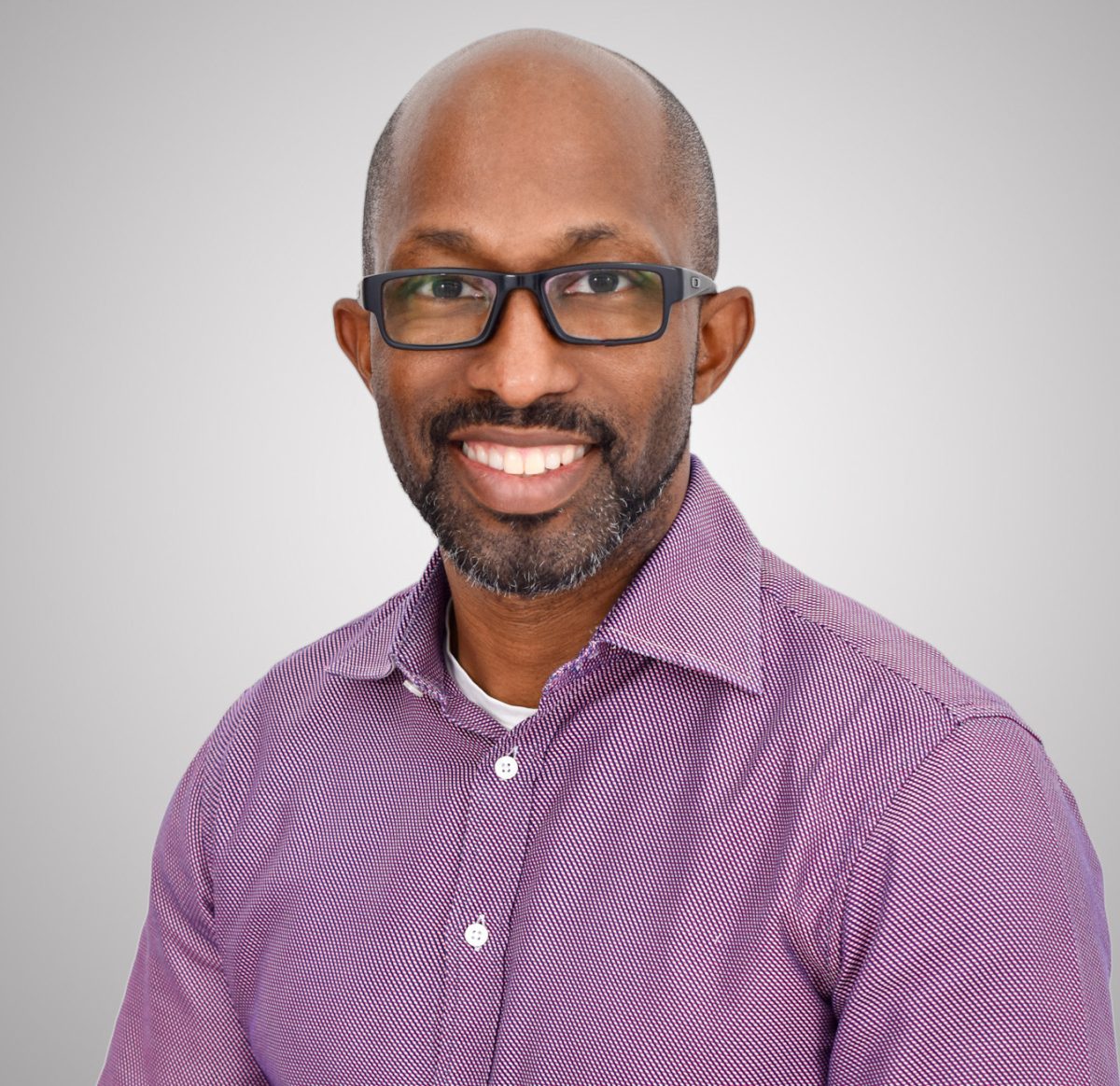





Mark • Sep 14, 2010 at 4:25 pm
I have little pity for these people when they are loud enough that they disturb not only the people in their dorm, but also the surrounding neighborhood. That’s a little ridiculous.
But at the same time, having police on campus is a little scary. I haven’t heard of police entering dorms for a very long time, and I really hope this does not become a trend. Some things on campus – like 10/10 – would be utterly ruined with the presence of police.
Michael Schoelz • Sep 14, 2010 at 3:09 pm
Obvi wasn’t there but I’m with susan on this one…
Sucks about the cowles thing. I guess the important lesson learned here is: towel your doors and don’t smoke with the doors open!
I by “sucks” I mean, it was a little abrupt and you’d like to see that go through Reslife/campus security first.
Susan • Sep 12, 2010 at 4:47 pm
If people were asked TWICE to keep it down and could not comply with self-governance…what more communication is necessary? Part of self-governance is being proactive and thinking about how your actions impact the community.